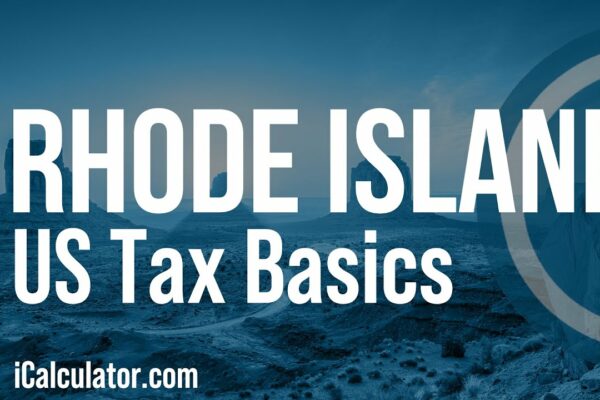
What is the deadline for filing Rhode Island state taxes?
Rhode Island residents must file their state taxes by April 15th each year, unless this date falls on a weekend or holiday. In those cases, the deadline is extended to the next business day. Filing taxes after the deadline may result in penalties and interest charges, so it’s important to meet the deadline to avoid any financial consequences.




